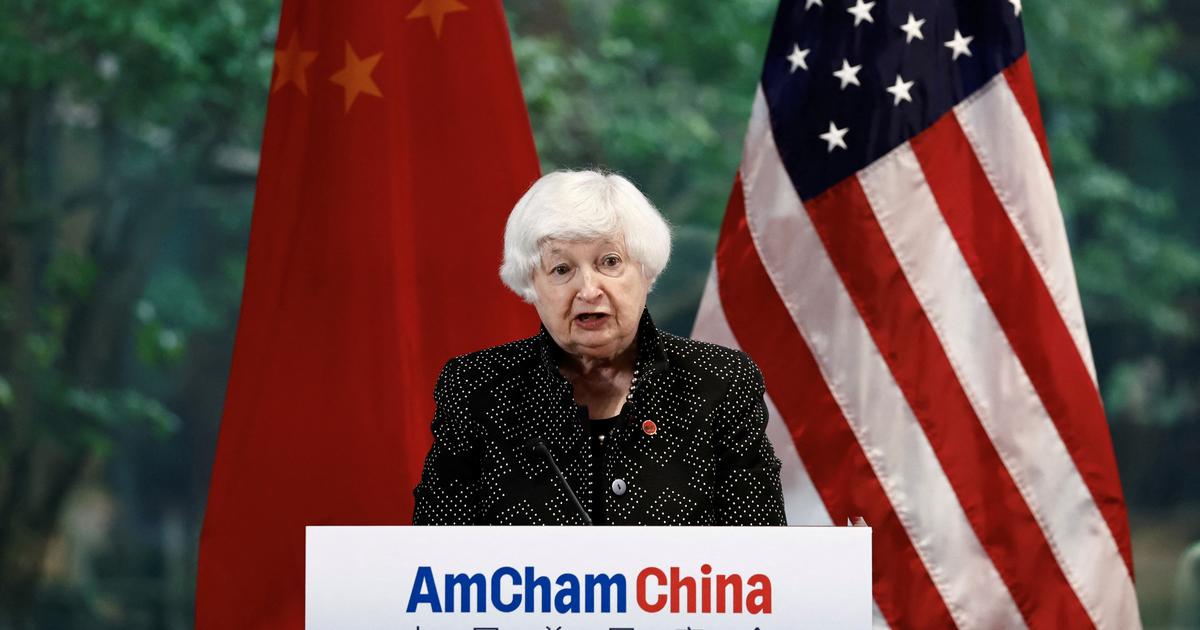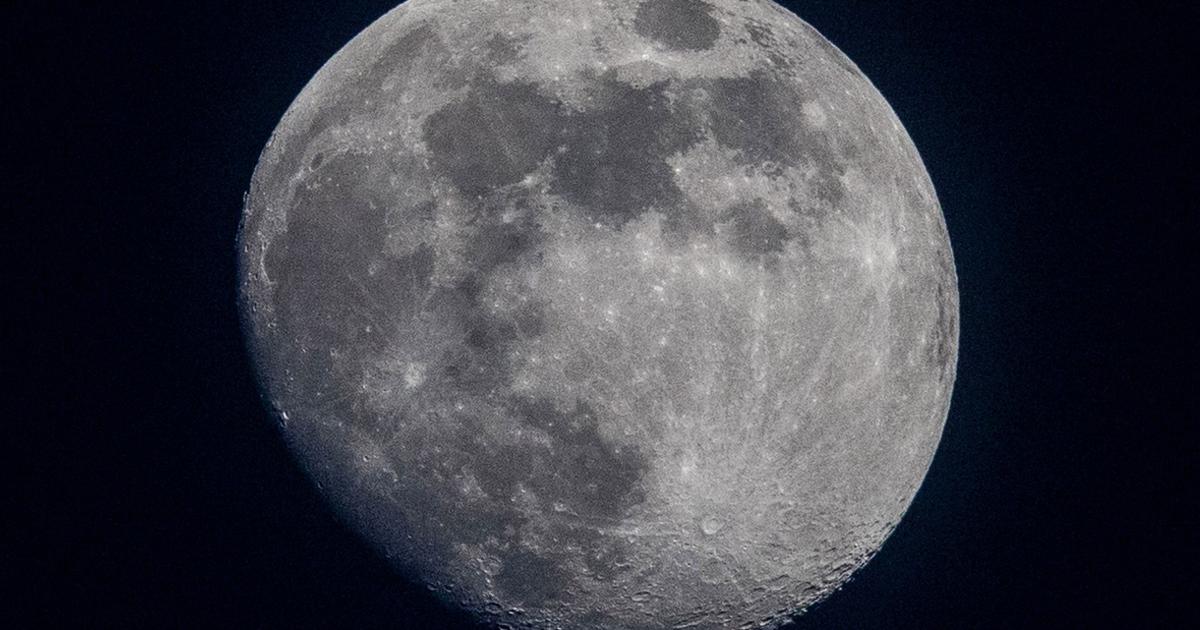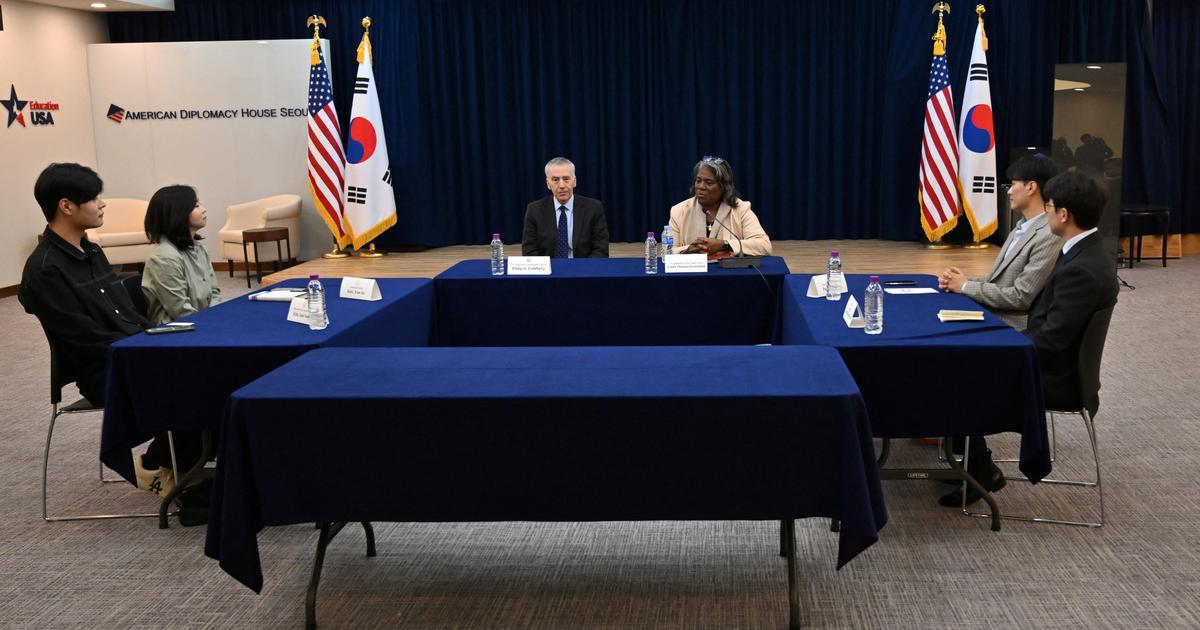US Vice President Kamala Harris ended her trip to the Philippines last week with a visit to Palawan.
The closest island to the Spratlys, the archipelago of reefs disputed by Manila and Beijing and on which China has built a series of artificial islets.
"As an ally, the United States is on the side of the Philippines against intimidation and coercion in the South China Sea," declared the number two of the world's leading power.
At the same time, in Cambodia, the Chinese Defense Minister, General Wei Fenhe, demanded before his US counterpart, Lloyd Austin, that Washington respect Beijing's key interests and not interfere in Taiwan: the future of that island "is a matter for the Chinese people, and no foreign force has the right to intervene."
The warnings came just over a week after the meeting of the presidents of the respective countries, Joe Biden and Xi Jinping, in Bali (Indonesia) on the occasion of the G-20 summit.
Between smiles, handshakes and benevolent declarations, the two great powers of the world declared a kind of truce in the deterioration of their relations, once they had overcome the great tests that both faced this year: the legislative elections in the United States and the 20th Congress. of the Communist Party to give Xi a new mandate in China.
The tiny peace pipe makes it possible to reestablish contacts in certain areas of common interest.
But differences on key issues, from Taiwan to human rights, persist;
The question is whether this minimal cordial entente can be maintained, and for how long.
That meeting, with the declared purpose of “putting a floor” on the free fall in the bilateral relationship ―accelerated after the visit to Taipei in August of the speaker of the US House of Representatives, Nancy Pelosi, and the imposition of the White House in October of drastic cuts in Chinese companies' access to American semiconductor technology, has enabled significant gestures.
Secretary of State Antony Blinken will travel to China next year, expected in January.
Contacts, canceled after Pelosi's trip, have been restored between working groups on issues of common interest, in areas ranging from the environment to food safety.
Both leaders are clear about the importance of keeping the lines of communication open.
Although the mistrust on both sides is palpable, the relationship between the two powers remains the most momentous in the world.
“Some kind of collaboration between the two is needed if we want to solve global problems,” Tony Saich, director of the Fairbank Center for Chinese Studies at Harvard University, insisted in a talk.
Despite the respective sanctions, the restrictions on technological access and the increases in tariffs imposed in the era of Donald Trump and which have not been eliminated after the change of Administration in the US, trade between the two powers continues to grow.
In 2021 it reached 657,000 million dollars ―more than the annual GDP of Sweden― and it is estimated that this year it will increase by 8%.
And cooperation in areas such as climate change is essential for success in the fight against global warming.
This was understood by the ministers meeting in Sharm el Sheikh (Egypt) at COP27, who burst into applause when the US special envoy for climate, John Kerry, appeared presenting his Chinese counterpart, Xie Zhenhua, as "my friend". .
But the understanding ends there.
"There are no signs of any fundamental change in the strategic competition between China and the United States after that meeting," says Neil Thomas of the consultancy Eurasia, in a note.
In recent years, Thomas notes, “a key shift in the relationship has been the increasingly aggressive position that has evolved from recognizing China as a threat during the era of President Donald Trump to a policy that actively seeks to halt technological development. of China under President Biden.
For this reason, there is little room for the relationship to return to a cooperation-dominated orientation.”
Biden himself qualified, after his meeting with Xi, that what was achieved in their conversations "was not a
kumbaya
moment ", a colloquial expression that ironically alludes to the gospel hymn to refer to moments in which harmony and understanding are sought.
Among the contacts of the working groups that have been agreed to reestablish, there is no contact with the respective armed forces.
The differences are irreconcilable in areas like Taiwan, which Xi has described as "a red line that cannot be crossed in US-China relations."
The independence of the self-governing island, which Beijing considers part of its territory and which it does not renounce to unify by force, is as incompatible with peace and stability in the Strait of Formosa as "fire and water", according to the president. Chinese.
For his part, in a seminar on Defense, Austin declared in Canada that Beijing "seeks a world where power equals being right" and warned that Washington is "drawing lessons from the war in Ukraine to strengthen the self-defense capabilities of our partners in Asia Pacific,” a reference to President Tsai Ing-wen's rule in Taipei.
The results of the midterm elections in the United States may complicate the delicate truce and give Biden less room for maneuver in the relationship.
The Republican Party, which has hardened its positions towards China especially since the Trump administration, has achieved a small majority in the House of Representatives, which will allow it to gain control of key committees in bilateral ties.
The foreseeable future leader of the House when the legislature changes on January 3, Kevin McCarthy, has indicated that he plans to create a specific committee on China, which could propose tougher legislation on the control of US exports and investments towards the Asian giant or on support for Taiwan.
"China is the number one country when it comes to intellectual property theft," McCarthy said in statements to Fox News television.
"We're going to put an end to that," he continued, "and we're not going to let the Administration sit back and let China do what it's doing to the United States."
The Republican politician had promised that, if he presides over the House, he would also visit Taipei, and he would do so accompanied by "the largest delegation in history."
Something that could generate a forceful response from Beijing: after Pelosi's trip, China responded with unprecedented live-fire maneuvers in the Strait of Formosa.
“A more protectionist and tough anti-China legislative agenda will intensify the pressure on the White House to advance what are already tough China policies.
This may continue to put pressure on the Administration's efforts to win multilateral support for its positions on Beijing, as has recently occurred with the reactions of the Europeans, South Korea, Japan and other key trading partners to the protectionist provisions in the Law of Reduction of Inflation”, points out Thomas.
The entente reached by Biden and Xi "is a very fragile effort," agrees Wei Da, of Tsinghua University in Beijing.
“We don't know what Congress is going to do next year.
And if McCarthy visits Taiwan, that may break efforts to stabilize the relationship."
Follow all the international information on
and
, or in
our weekly newsletter
.
Subscribe to continue reading
Read without limits
Keep reading
I'm already a subscriber

/cloudfront-eu-central-1.images.arcpublishing.com/prisa/QOZUPXDPKBGA6TPHUZ34PWUEHM.jpg)







